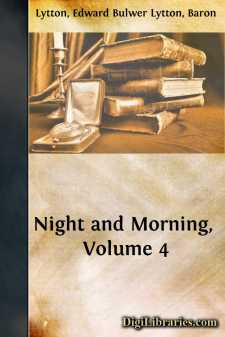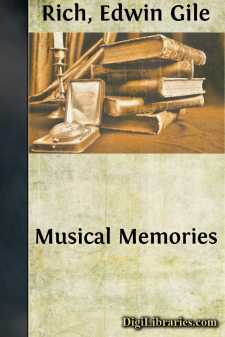Categories
- Antiques & Collectibles 13
- Architecture 36
- Art 48
- Bibles 22
- Biography & Autobiography 813
- Body, Mind & Spirit 142
- Business & Economics 28
- Children's Books 16
- Children's Fiction 13
- Computers 4
- Cooking 94
- Crafts & Hobbies 4
- Drama 346
- Education 46
- Family & Relationships 57
- Fiction 11829
- Games 19
- Gardening 17
- Health & Fitness 34
- History 1377
- House & Home 1
- Humor 147
- Juvenile Fiction 1873
- Juvenile Nonfiction 202
- Language Arts & Disciplines 88
- Law 16
- Literary Collections 686
- Literary Criticism 179
- Mathematics 13
- Medical 41
- Music 40
- Nature 179
- Non-Classifiable 1768
- Performing Arts 7
- Periodicals 1453
- Philosophy 64
- Photography 2
- Poetry 896
- Political Science 203
- Psychology 42
- Reference 154
- Religion 513
- Science 126
- Self-Help 84
- Social Science 81
- Sports & Recreation 34
- Study Aids 3
- Technology & Engineering 59
- Transportation 23
- Travel 463
- True Crime 29
The Lady of Lyons
Categories:
Description:
Excerpt
PREFACE.
An indistinct recollection of the very pretty little tale, called "The Bellows-Mender," suggested the plot of this Drama. The incidents are, however, greatly altered from those in the tale, and the characters entirely re-cast.
Having long had a wish to illustrate certain periods of the French history, so, in the selection of the date in which the scenes of this play are laid, I saw that the era of the Republic was that in which the incidents were rendered most probable, in which the probationary career of the hero could well be made sufficiently rapid for dramatic effect, and in which the character of the time itself was depicted by the agencies necessary to the conduct of the narrative. For during the early years of the first and most brilliant successes of the French Republic, in the general ferment of society, and the brief equalization of ranks, Claude's high-placed love; his ardent feelings, his unsettled principles (the struggle between which makes the passion of this drama), his ambition, and his career, were phenomena that characterized the age, and in which the spirit of the nation went along with the extravagance of the individual.
The play itself was composed with a twofold object. In the first place, sympathizing with the enterprise of Mr. Macready, as Manager of Covent Garden, and believing that many of the higher interests of the Drama were involved in the success or failure of an enterprise equally hazardous and disinterested, I felt, if I may so presume to express myself, something of the Brotherhood of Art; and it was only for Mr. Macready to think it possible that I might serve him in order to induce me to make the attempt.
Secondly, in that attempt I was mainly anxious to see whether or not, after the comparative failure on the stage of "The Duchess de la Valliere," certain critics had truly declared that it was not in my power to attain the art of dramatic construction and theatrical effect. I felt, indeed, that it was in this that a writer, accustomed to the narrative class of composition, would have the most both to learn and unlearn. Accordingly, it was to the development of the plot and the arrangement of the incidents that I directed my chief attention;—and I sought to throw whatever belongs to poetry less into the diction and the "felicity of words" than into the construction of the story, the creation of the characters, and the spirit of the pervading sentiment.
The authorship of the play was neither avowed nor suspected until the play had established itself in public favor. The announcement of my name was the signal for attacks, chiefly political, to which it is now needless to refer. When a work has outlived for some time the earlier hostilities of criticism, there comes a new race of critics to which a writer may, for the most part, calmly trust for a fair consideration, whether of the faults or the merits of his performance.
BEAUSEANT, a rich gentleman of Lyons, in love with,
and refused by, Pauline Deschappelles MR....






















